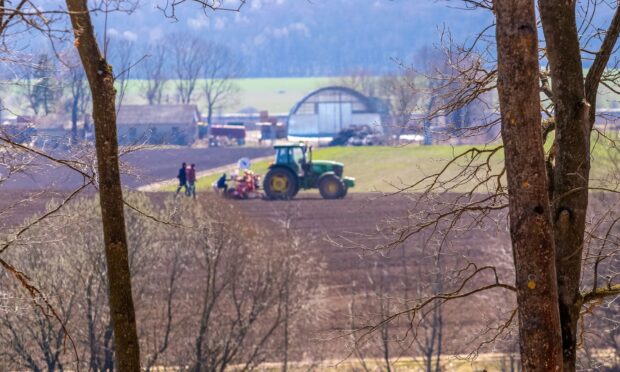Brussels has held the first meeting of its new European food crisis group to discuss food security.
It was created from a review of the response to Covid, but its role has been given new significance by events in Ukraine.
The first meeting was effectively a meet and greet, but before the end of this month the agenda will move on to firm policies to tackle rocketing input costs and concerns around food shortages and prices.
The European Commission could face a battle if its tries to stick to its green plans in the face of a food and energy crisis hitting every member state.
A looming decision is whether to suspend set aside and fallow arrangements to increase crop production.
Seed
The crisis meeting also heard that Ukraine will face problems because most seed for its key crops is imported, and those channels have been closed by the Russian invasion of key ports.
Meanwhile the European Commission is considering triggering the crisis reserve under the CAP to apply exceptional measures to help pig farmers facing poor prices and out of control input costs.
Global food prices were rising even before the Russian attack on Ukraine made them worse.
According to the latest figures from the UN Food and Agriculture Organisation prices rose by 3.9 per cent in February compared to January.
This brings prices to an all time high on the FAO index and leaves them more than 20% ahead of the same month last year. The FAO says this is down to a perfect storm of limited stocks available for trade and to the impact of cost inflation from energy and fertiliser costs.
Despite higher prices the FAO says pressure on margins has discouraged any expansion in production, meaning the problem will get worse, with the added impact of the loss of Ukrainian exports.
Processing
Elsewhere, the European Food Safety Authority (EFSA) says high-pressure processing (HPP) could improve food safety and reduce waste without compromising quality.
The process is a no-heat preservation technique for a range of products and can be used for liquids, including as an alternative to pasteurisation for milk, and crucially for a wide range of finished products.
It is particularly effective at eliminating listeria in ready to eat foods, including cooked meats, and effective against salmonella and E coli.
The longer the high pressure period the greater the effect, but taste or quality are not affected.
The use of HPP is not regulated at an EU level , but the EFSA finding may trigger new rules allowing food processors to use it on both raw and prepared food.
